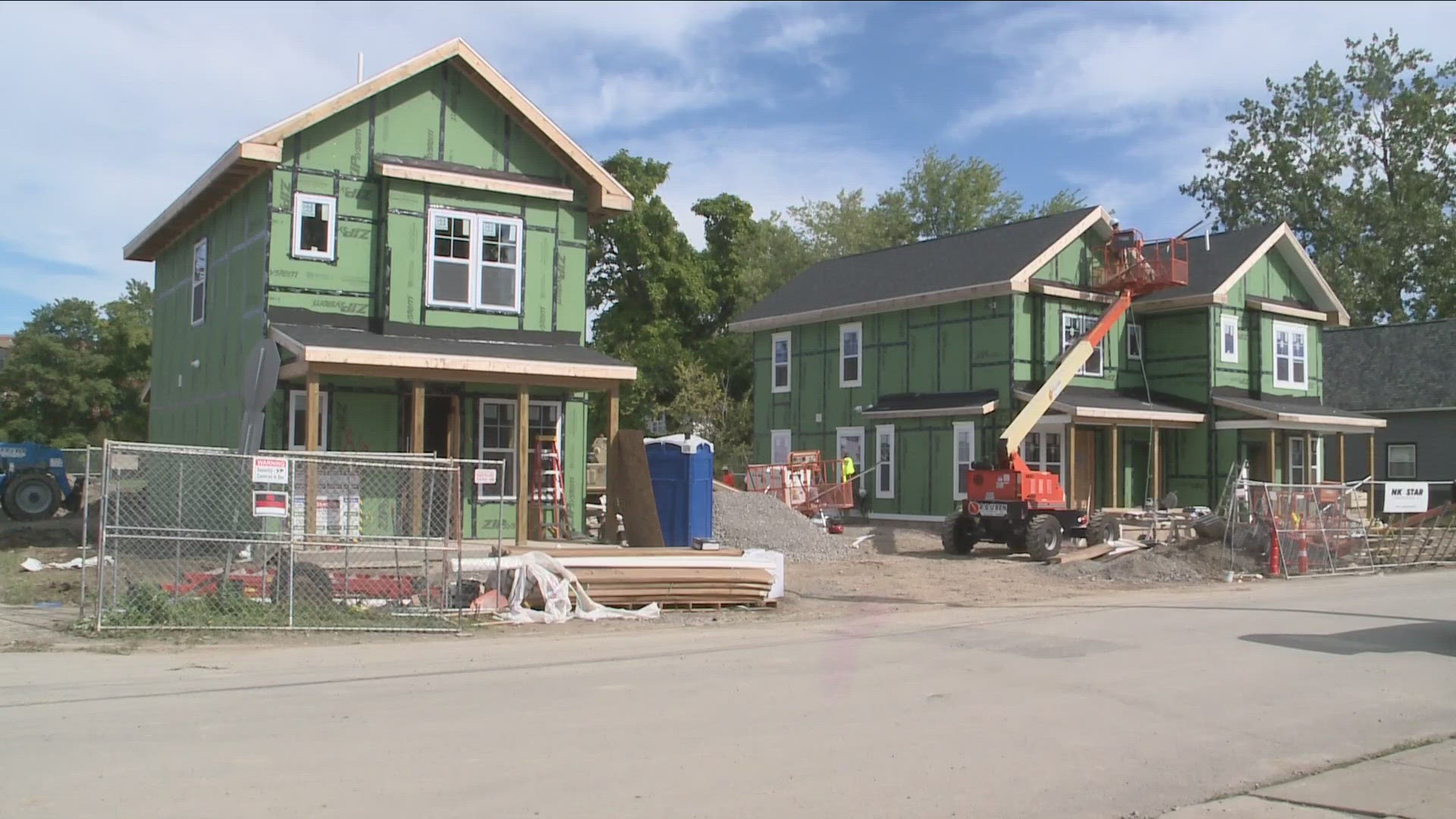BUFFALO, N.Y. — With the warmer weather finally settling in the area, and the end of the school year approaching, people are starting to look ahead to summer vacations.
While people are planning, the Better Business Bureau (BBB) is offering people warnings about popular scams aimed at those planning trips.
To prepare people, the BBB is explain five popular scams:
1. Vacation Rental Con: Some properties can be not for rent, not exit or are very different from how they pictured. The scammers offer low rates and provide a false sense of urgency by telling them that other people are interested in the property.
2. "Free" Vacation Scams: Often times, these "free" trips come with add-on fees for things like air transportation to the port a cruse departs from, port charges, taxes, and tips. These are often time cruise scams.
The BBB provided the following red flags to watch out for:
- If you are told that you've won a trip without actually entering a contest, be very suspicious.
- Pricing, accommodations, and several amenities that seem extremely reasonable are probably not true.
- Pressure to accept the offer now or it's gone forever. Instead, walk away, hang up the phone, delete the email or text message.
3. Hotel Scams: There are a few techniques that scammers can use to steal credit card information from tired tourists.
The BBB provided the following tricks to watch out for:
- Fake Front Desk Calls: Scammers call late at night impersonating the front desk person. The caller claims there’s a problem with the card on file and asks the traveler to "re-verify" the credit card information.
- “Free” Wi-Fi Connections: Wi-fi “skimming” is a growing scam that targets travelers with the promise of free Internet access. Scammers set up a fake connection that appears to be free, but it’s not safe. They will control the connection through their computer, collect all the data the traveler transmits including passwords, card information, and more. Avoid doing any banking transactions or checking personal accounts when using an open Wi-Fi network. Use a secure, private network if it is absolutely necessary to access personal or financial accounts.
- Fake Food Delivery: Scammers will distribute fake menus to hotel rooms. When a traveler calls the phone number and orders delivery, they collect the credit card information and never deliver the food.
4. Third Party Booking Site Scams: Scammers are also pretending to be third-party airline ticket brokers. The BBB Scam Tracker has been receiving a lot of reports about scammers pretending to be online airline ticket brokers. Commonly, people will buy tickets with their credit card and then receive a call from the scammer pretending to be the company asking to verify name, address, banking information or other personal details. The BBB clarifies that this is something a legitimate company would not do. The offer more information about booking scams on their website.
5. Timeshare Reselling Cons: Timeshare owners who are trying to sell have been reporting a scammers calling and pretending to be a real estate broker or agent. They then pressure sellers to pay an upfront fee for resale with the promise that they already have buyers ready.
General tips to avoid scams: look at reviews and ask for references, avoid wiring money or using a prepaid debit card, being cautions of deals that seem too good to be true, and do some snooping to make sure companies seem official.
RELATED VIDEO:

